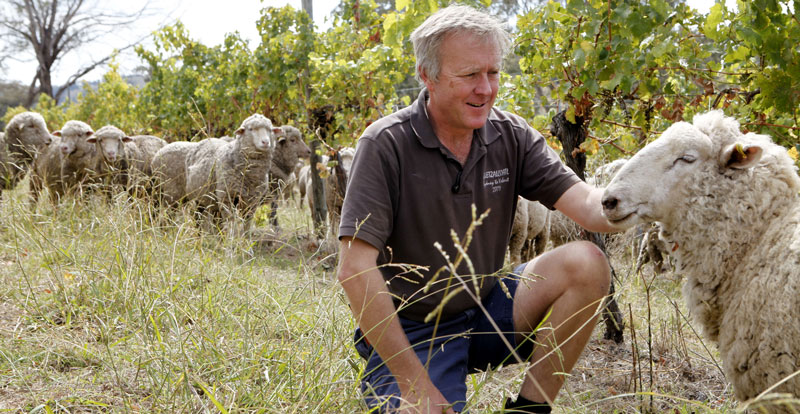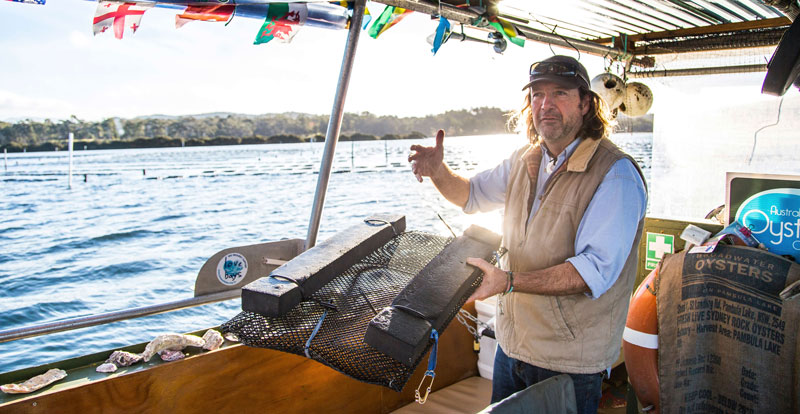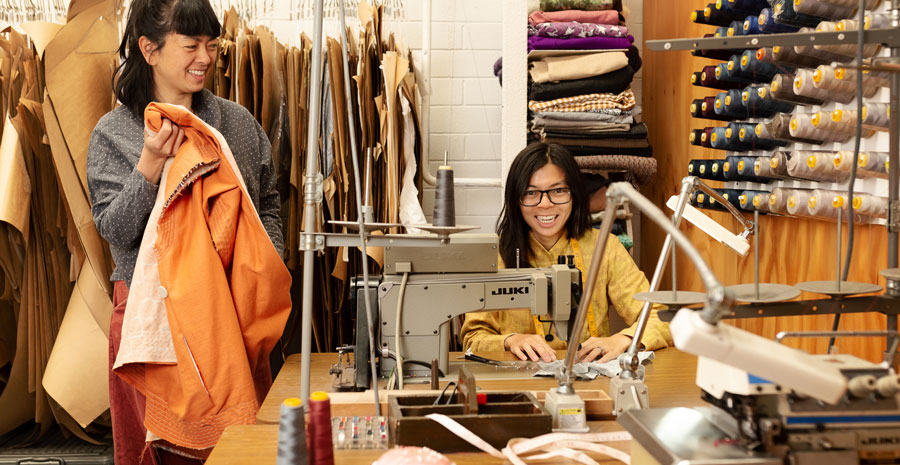Why does business need to adapt?
The private sector is vital to the NSW economy. Large businesses, such as banks and insurance companies, underpin key sectors of our economy, while small and medium businesses provide essential products and services and employment in their local communities, and contribute to the character and identity of the places we love.
The climate of NSW is changing, which is increasingly affecting all aspects of life, including the economy and how we do business.
Businesses can help society adapt to climate change, which can also increase the ability of business to innovate, attract employees and improve productivity. Responding to climate change involves both adapting to the change in climate that is already happening, and reducing greenhouse gas emissions and the ecological impact of business activities.
Adopting sustainable practices responds to the increasing demands from stakeholders and customers for climate resilience and more sustainable practices. Adopting these practices also presents opportunities, such as saving money through becoming more resource and energy efficient, developing new products and services, and opening up new customer markets.
Large businesses
Large businesses need to be proactive in adapting to climate change. Knowing how climate change will impact your operations both in the short and long term is critical to being well prepared.
Large businesses are an integral part of the move to net zero emissions. Becoming carbon neutral and looking after our environment isn't just good for business – stakeholders are demanding it. There are plenty of resources available to support large businesses make this transition.
Small businesses
Small businesses are connected to their local community. The climate change impacts that affects communities, such as damage caused by flood and fires, often affects small business as well.
Understanding the local area vulnerabilities for your business can help you create your own climate adaptation plan. Each small business will have its own set of unique challenges. It's important to understand those challenges and build a plan that protects your operation, supply chain, and revenue streams.
Small businesses can lead the way in adapting to climate change by implementing mitigation strategies. These strategies help protect your business, and also show your commitment to the wider community.
Small businesses can consider how to reduce their greenhouse emissions by adopting more sustainable practices. This could include moving to renewable energy, shifting to a local supply chain, and considering how you can innovate to meet your customers' changing needs.




